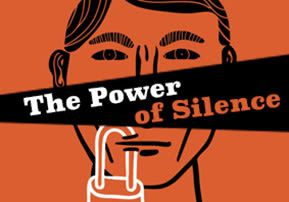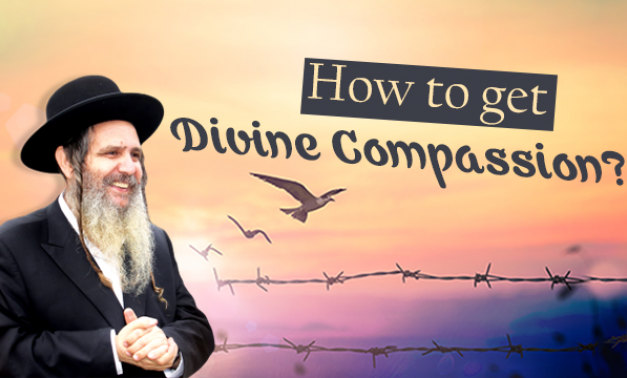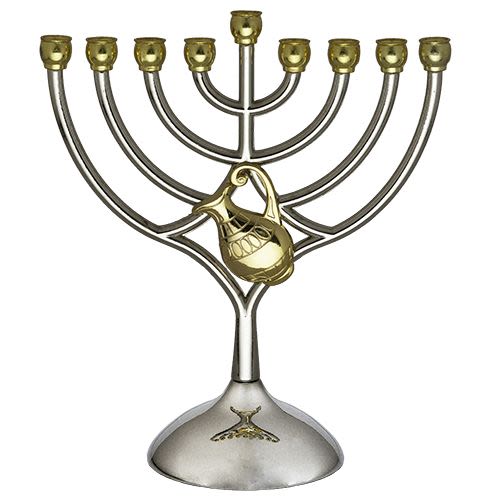
Beshalach: The Power of Silence
Moses commands the Jewish People to be silent, for that way, Hashem will fight their battles for them. Does that principle still apply?

"Hashem shall fight for you and you shall be silent…" (Exodus 2:11).
There are times when silence is greater than prayer. What type of silence? This is the silence that results from trusting in Hashem. As such, when the Jews were boxed in between the Egyptian Army and the Red Sea, with no logical chance of survival, Moses told them to stop screaming to Hashem for help; trust Him, and you won't need to do a thing, for Hashem will fight your battles.
The above passage teaches us that there is a strong connection between silence and salvation. Silence of course is an indication of one's trust in Hashem. But beyond that, silence has an additional unique quality that invokes a vast measure of Divine compassion. Rebbe Nachman of Breslev teaches[1] that if a person is humiliated by someone yet refrains from answering, to the extent that he is not fastidious about his own honor, then Hashem brings down his enemies. Rebbe Nachman concludes that the level of silence that stems from genuine humility is capable of slaughtering one's arch enemy – the evil inclination.
Our sages teach that one who overcomes his evil inclination is called a hero.[2] If that's the case, then one who slaughters his evil inclination is a hero of heroes. Since the Almighty runs the world in a  measure-for-measure fashion, then we can safely say that a person's heroism in this low physical world invokes Divine heroism in the upper worlds. Consequently, we can understand that Hashem fights such an individual's battles for him.
measure-for-measure fashion, then we can safely say that a person's heroism in this low physical world invokes Divine heroism in the upper worlds. Consequently, we can understand that Hashem fights such an individual's battles for him.
The importance of the above principle cannot be exaggerated. The Torah is not some mere book of stories, but a practical and effective life guide for posterity. When the Torah tells us that silence will win our wars for us, this is a Divine promise that's better than money in the bank.
As Rebbe Nachman teaches, the level of silence that is so spiritually cogent cannot be attained without strengthening oneself in humility. Humility requires a huge measure of emuna. The Gemara says that an unintelligent, poor or sickly person cannot truly be on a high level of humility; but, if a person is rich, strong and intelligent as Moses was, then they can be truly humble, for they have every reason to boast, yet they don't.
When we look at our blessings in life is golden gifts from Hashem and not as something we attained with “the might of my right hand”, we don't take them for granted. Many are the stories of those who have lost their health, their livelihoods, their homes and their loved ones in the blink of an eye, Heaven forbid. The Rambam reminds us, every time we repeat the first of the Thirteen Principles of Emuna, that Hashem is responsible for every action – past, present and future. One who attributes everything to Hashem therefore looks at the world in general and at his own lot in life in particular with emuna. The level of emuna whereby a person knows that everything is from Hashem and that everything is for the very best is the world's best insurance policy against arrogance. A person asks himself, “What can I possibly be arrogant about? Everything I do and everything I have is all the result of Hashem's blessing – I can do nothing on my own.”
Once we attain the level that we know that are gifts in life all come from Hashem, we can attain the level that enables us to remain calm and collected in the face of the worst insult. One who insults you is in essence insulting the Creator who created you. You need not reply nor protest. Think that the insult is a mitigation of something much worse, like a sickness or financial loss. Remain silent; better yet, thank Hashem for the insult, for it's a cogent gift that is capable of atoning for all of a person's sins. A person who receives a harsh insult or who is embarrassed in public enjoys the privileges of a person who just completed a 25-hour Yom Kippur fast.
When we remain silent, Hashem fights our battles for us, in this world and the next. When we remain silent, Hashem forces the angels of prosecution in the Heavenly Court who are leveling all kinds of accusations against us to remain silent too, measure for measure. May Hashem help us to remember this when our emuna is being tested, amen!












3/01/2023
Thank you so much.Baruch Hashem .Shalom Rabbi.